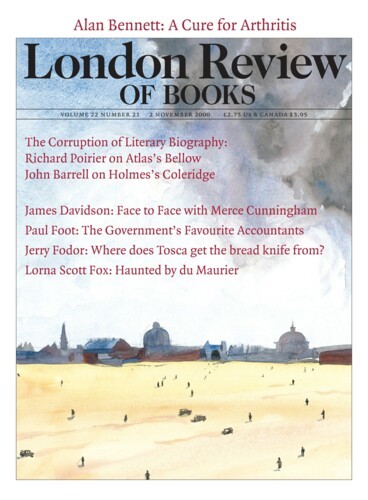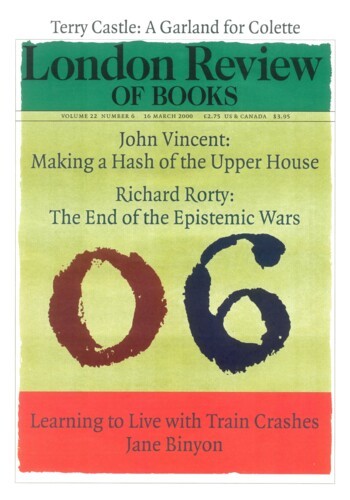While other Victorian novelists rested comfortably in the routines that had brought them success in the past, Sir Edward Bulwer-Lytton (1803-73) was always committed to experimentation. He was his own pitiless taskmaster, working for money as strenuously as a starveling, and received £30,000 from Routledge for a 15-year option on his novels. He wrote successful silver-fork novels like Pelham (1828); historical romances such as Rienzi (1835); an occult novel, Zanoni (1842); a domestic realist novel, The Caxtons (1849); detective thrillers; a science-fiction novel, The Coming Race (1871); a pioneering sociological study, England and the English (1833); 11 volumes of poetry; a history of Athens and translations of Horace and Schiller. He published ten plays: some bombed, but three remained stockpieces throughout the 19th century. The best of these, Money (1840), was revived last June at the Olivier Theatre, where it seemed a curious hybrid of Restoration comedy and Victorian meliorism.
Cult Criminals: The Newgate Novels 1830-47 by Juliet John. While other Victorian novelists rested comfortably in the routines that had brought them success in the past, Sir Edward Bulwer-Lytton (1803-73) was always committed to experimentation. He was...




